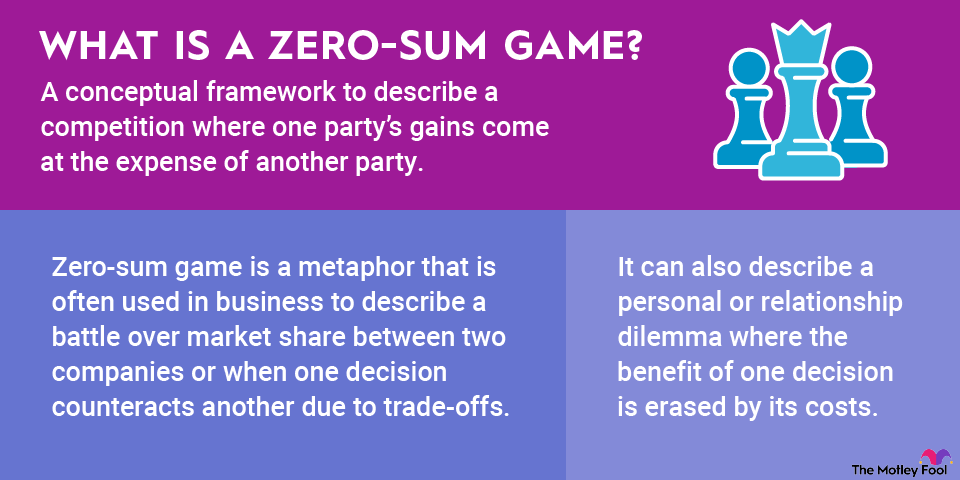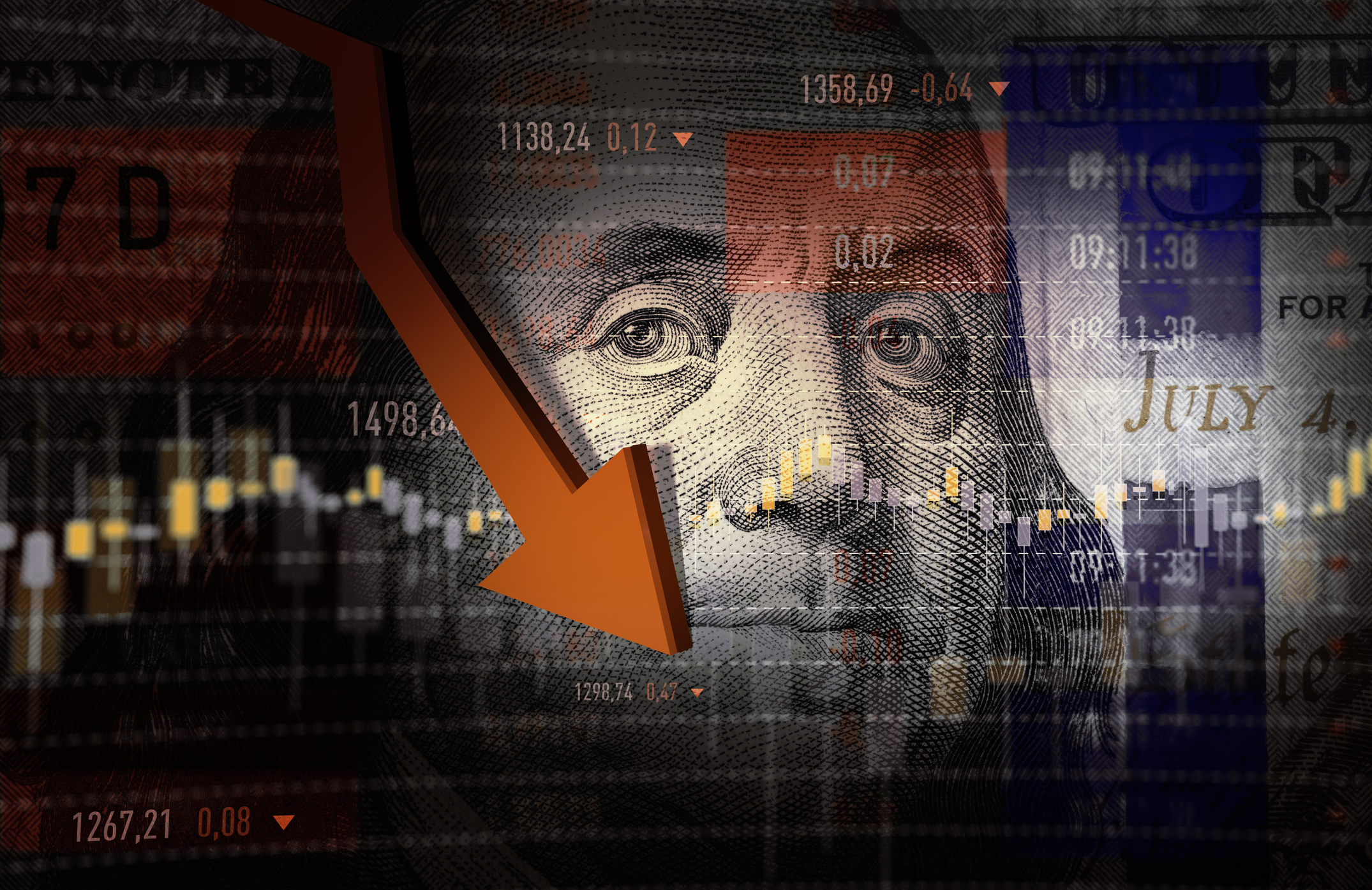Zcash (ZEC +8.46%) is one of the most popular privacy coins, which are cryptocurrencies that offer confidential transactions. The level of privacy with Zcash is within your control. You can decide whether you want your transaction details to be shielded (private) or transparent (public).
Being able to flip between those options has its benefits, and it could help Zcash avoid some of the scrutiny that has plagued other privacy coins such as its biggest competitor, Monero (XMR -1.55%). The drawback is that even with shielded transactions, it isn't the best choice for those seeking total anonymity. Read our Zcash guide for a full breakdown of this digital currency.

CRYPTO: ZEC
Key Data Points
What makes Zcash unique?
The difference between Zcash and most other types of cryptocurrency is the privacy it offers. There's a common misconception that cryptocurrencies are confidential or untraceable, and it couldn't be further from the truth. The majority record every transaction on a public blockchain.
The transactions don't have names attached, but they show the amount and the wallet addresses for the sender and recipient. If a person's name is tied to their wallet address, other people can learn how much crypto they've sent and received.
Privacy coins keep amounts and wallet addresses confidential. If you send or receive ZEC tokens, you can choose to shield your wallet address and the amount.
Zcash is also different from most privacy coins. While these cryptocurrencies typically only offer confidential transactions, Zcash has transparent transactions available. If you choose that option, your wallet address and the transaction amount will be public information.
Where Zcash came from
In 2013, Johns Hopkins University professor Matthew Green and some of his graduate students came up with the idea for Zcash (at the time called "Zerocash"). It was originally going to be a privacy extension to Bitcoin (BTC +0.84%), but Bitcoin's core developers weren't on board. Zcash's developers ended up building the coin on the original Bitcoin code base.
The team behind the Zcash protocol started Zcash Company, recruited CEO Zooko Wilcox-O’Hearn, and raised more than $3 million from venture capitalists. (Highlighting the importance of privacy, ex-NSA whistleblower Edward Snowden claims to have played a role in Zcash's beginnings as one of six people who collectively generated the first Zcash public address prior to the network's launch.) They launched Zcash on Oct. 28, 2016.
Zcash Company later rebranded as the Electric Coin Company. Along with the nonprofit Zcash Foundation, it manages the Zcash protocol and blockchain.
How Zcash works
Zcash has two types of wallet addresses: z-addresses and t-addresses. A z-address is a private address, and a t-address is a transparent address. These addresses are interoperable, and users can choose the type they want to use for each transaction. That means there are four types of transactions, depending on what the sender and recipient use:
- Private: The sender and recipient use z-addresses. Both addresses and the transaction amount are private.
- Deshielding: The sender uses a z-address and the recipient uses a t-address. The sender's address is private. The recipient's address and the amount they received are public.
- Shielding: The sender uses a t-address and the recipient uses a z-address. The sender's address and the amount they're sending are public. The recipient's address is private.
- Public: The sender and recipient use t-addresses. Their addresses and the amount are public.
With z-addresses, Zcash encrypts the address and amount. There's a record of the transaction on the blockchain, showing that it occurred and that fees were paid. The details are encrypted using zero-knowledge proofs, a proof construction where one can prove possession of certain information without revealing the information itself.
The owner of a z-address can choose to disclose the address and transaction details with trusted third parties. This allows them to fulfill auditing and compliance requirements if necessary.
Zcash relies on cryptocurrency mining to add transactions to the blockchain and to mint new tokens. It uses a proof-of-work mining algorithm that requires miners to solve complex equations to earn the right to validate a block of transactions. The miner that solves the equation first gets to add a block and receive a block reward.
Wallet Address
Partnerships
Zcash landed a high-profile partnership in 2017 when it started working with JPMorgan Chase (JPM -0.06%). The banking giant used Zcash's zero-knowledge security layer on its own blockchain project, which is built on Ethereum (ETH +1.15%), to improve security.
Ethereum is also connected to Zcash. Electric Coin Company, which manages Zcash, entered into a partnership with the Ethereum Foundation and the companies managing Filecoin (FIL +7.30%), Protocol Labs, and the Filecoin Foundation.
The partnership started in 2021 with the goal of exploring how Ethereum and Filecoin could implement Zcash's Halo 2 technology, a zero-knowledge protocol. The companies are also looking at how they can increase interoperability between their respective blockchain projects.
Unique risks
There's doubt about whether Zcash truly provides private, untraceable transactions. For a privacy coin, that's a massive issue.
Part of this doubt arises from statements made by the Zcash team. In an article from 2013, Matthew Green mentioned the possibility of adding a backdoor so that the project wasn't used for criminal activity, and he gave the example of law enforcement using it to track money laundering. In tweets from 2017, Wilcox-O’Hearn said he thought they could make Zcash "too traceable for criminals," while still being "completely private."
According to the Zcash website, there's no backdoor and shielded transactions are private. However, those prior comments indicate the team has been open to some degree of traceability in the past.
Zcash's private transactions are also only private if enough users choose shielded addresses. In 2020, researchers from Carnegie Mellon University evaluated the privacy of Zcash and rival Monero. They reported that "Zcash's privacy guarantees are questionable," in large part because of the high volume of public transactions.
Related investing topics
Is Zcash a good investment?
If you're looking for a cryptocurrency investment, you're better off avoiding Zcash. The simplest way to explain why is to consider the question of who's going to use it.
Zcash is a privacy coin, so its main target market is those who want to remain anonymous. Here's the thing: If someone wants a privacy coin, you can bet they want the most private option with the smallest risk of anything being traced. Monero, not Zcash, is the cryptocurrency that best fits that description.
The argument for Zcash is that it also offers public transactions. But for people who don't care about anonymity, there are hundreds of cryptocurrencies out there that work just as well. Ultimately, Zcash ends up in a middle ground where it isn't the best option for either private or public transactions.
Those who want to invest in a privacy coin should stick to Monero, which is the more trusted option. If you're not sure which cryptocurrencies to invest in, an alternative is to go with cryptocurrency stocks.
How to buy Zcash
If you want to buy Zcash, it's available on several of the best cryptocurrency exchanges. Here are a few options:
- Gemini
- Coinbase Global (COIN +16.56%)
- Binance.US
- Kraken
Of those exchanges, Gemini is the only one that allows shielded withdrawals of Zcash. The other three only offer transparent withdrawals.
Zcash's most unique feature is also one of its potential risks for users with privacy concerns. If too many people use transparent addresses, it could make it easier to deduce information for shielded wallets as well.
The jury's still out on whether Zcash can provide as much protection as it claims. That makes it a risky buy, whether you're more interested in it for privacy or as an investment.




